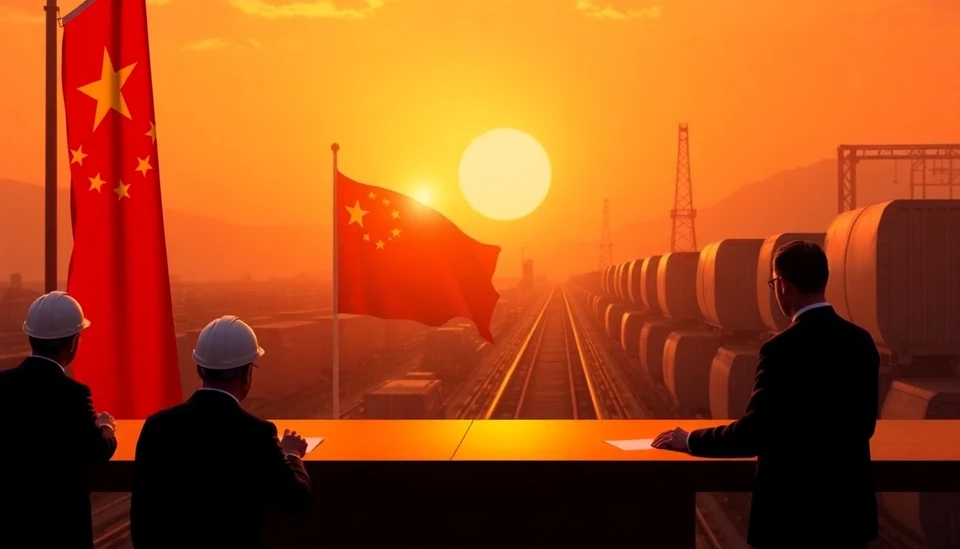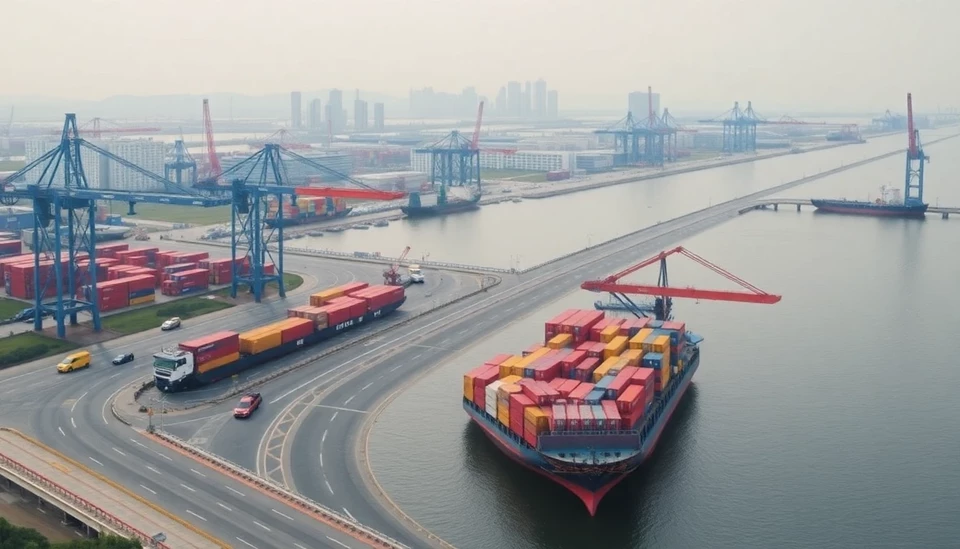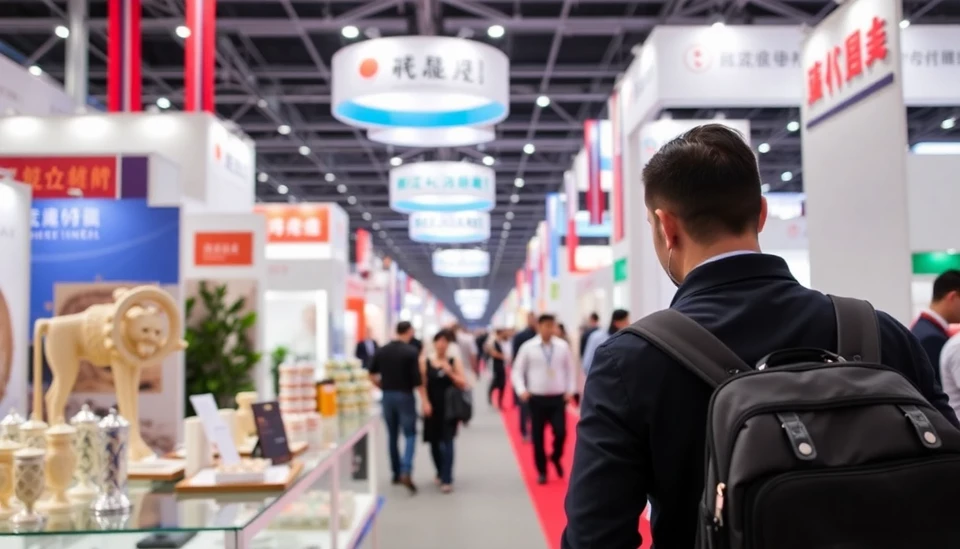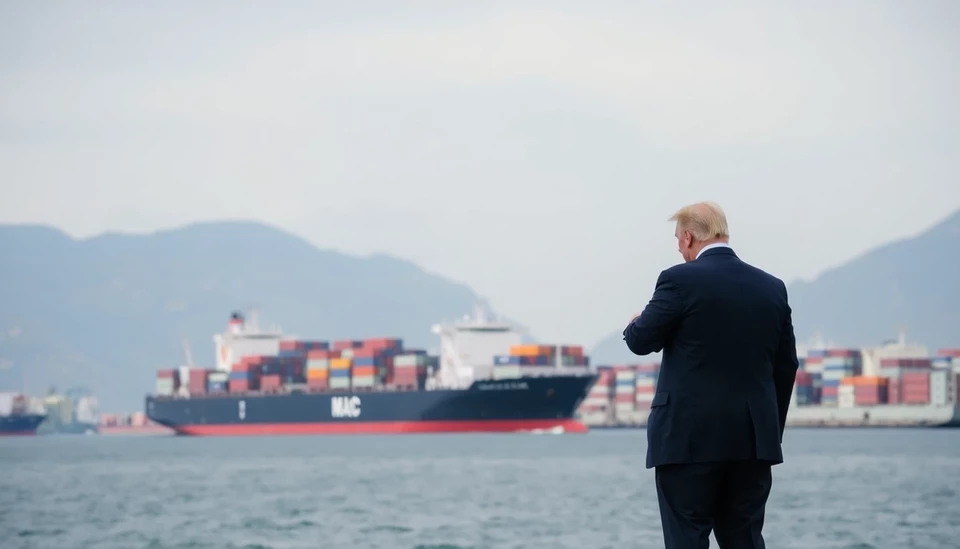
As China faces the impending reality of new tariffs set to take effect, the nation is drawing critical insights from its earlier experiences during the first trade war with the United States. This period, marked by contentious negotiations and retaliatory measures, provided both parties with crucial lessons that could shape future trade relations and strategies.
The latest round of tariff threats comes amid a complex backdrop of global economic relations and shifting alliances. Experts note that China's approach to handling these challenges has evolved significantly. During the first trade conflict, Beijing adopted a defensive stance, prioritizing immediate economic stability while struggling to counteract the effects of U.S. penalties that targeted a range of Chinese goods.
One of the most significant lessons learned from the previous trade war is the necessity of diversifying trade partnerships. Throughout the earlier conflict, China found itself increasingly reliant on U.S. markets for exports, which severely impacted its economy when tariffs were imposed. In response, Chinese officials are now focusing on strengthening ties with nations across Asia, Europe, and Africa, thereby reducing dependence on any single country.
Moreover, the Chinese government is paying closer attention to innovation and domestic production as key strategies for economic resilience. Historical reliance on foreign technology and components was a vulnerability exposed by the trade war; thus, initiatives aimed at enhancing self-sufficiency in critical industries have gained prominence. This pivot underscores China's long-term goal of leading in technology and manufacturing, ultimately fortifying its economy against external pressures.
In addition, China has refined its diplomatic strategies over time. The previous trade war prompted Chinese leaders to reassess their bargaining tactics, shifting towards a more calculated and collaborative approach. This includes engaging in multilateral discussions and forming coalitions with other nations affected by similar trade issues, thereby creating a unified front to challenge unilateral tariff impositions.
Moreover, the lessons from the past have sparked introspection within China's economic policies. Analysts suggest that this could mean a move towards greater openness concerning foreign investments and a more proactive stance in international negotiations. This shift aims to cultivate a more favorable global perception and mitigate the risks associated with potential trade disputes.
As the countdown to the new tariffs continues, China's leadership remains vigilant, adapting strategies forged in the crucible of previous economic strife. The potential outcomes of this ongoing confrontation will not only influence China's economy but may also reshape the broader landscape of global trade in the years to come.
The ongoing developments in China's trade policy and its strategic preparation for the future showcase a nation that is not only learning from its past but also actively positioning itself for long-term success in an increasingly complex global economic climate.
#ChinaTrade #TariffStrategies #GlobalEconomy #TradeWar #EconomicResilience #DiplomaticRelations #Innovation
Author: Daniel Foster




